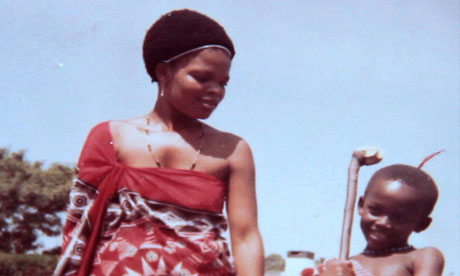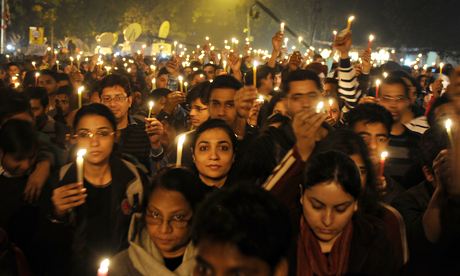Foremost constitutional lawyer and senior advocate of Nigerian, Prof Ben Nwabueze (SAN), has said the ongoing National Conference will be meaningless except there is a legal backing that will make its outcome binding on the nation.
Addressing reporters in Umuahia, the Abia State capital, Prof Nwabueze said the outcome of the conference must become a law for it to have meaning.
The legal icon was in the state with other members of Igbo Leaders of Thought to congratulate the governor on his election as the Southeast Governors ‘Forum chairman.
Prof Nwabueze said he was among those who agitated for the conference – with the belief that it was what the people needed to transform the country to a better place for the citizens and visitors.
The constitutional lawyer said he had explained in his write-ups the type of confab he expected to see.
According to him, he expects a conference that should “have a legal basis and framework, which must (also) have the competence to be legally binding”.
The renowned constitutional lawyer said the confab should have the competence to adopt a constitution, which would be a superior law of the land.
Prof Nwabueze said he advocated this for the conference but was not seeing this happening at the conference.
He said: “Though what I advocated for is not what is happening, all hope is not lost. It could still be salvaged. This is what I am working on right now, and there are some things Mr President can do to get it right.
“…If he (Dr Jonathan) does what requires some measure of courage, because of the stand of the National Assembly on the conference, the situation would be salvaged.”
The constitutional lawyer noted that if President takes the right step on the conference, he would be showing the nation that he has put pressure on the members of the National Assembly to pass the bill into law.
This, Prof Nwabueze said, would give the outcome of the conference the legal backing it needs to become binding on the people.
He said the National Assembly could repeal the current constitution, which became a law through Section 9 schedule of Decree 24 of 1999 by making the schedule to disappear and by so doing the constitution would disappear.
He said once decree 24 is repealed the schedule would disappear with the constitution and once it does that with the legal backing of the national assembly through an executive bill which would have been passed into law, the outcome of the CONFAB will now be the new constitution.
The senior advocate of Nigeria however warned that making the decree that makes the constitution a law to disappear should be done in a systematic way, “So that the national assembly will not also disappear like the constitution”.
Prof Nwabueze noted that Section 4 of the constitution gives the national assembly the right to make the constitution to disappear, “As it was done in 1963 instead of waiting for two thirds majority of the national assembly to do that”.





